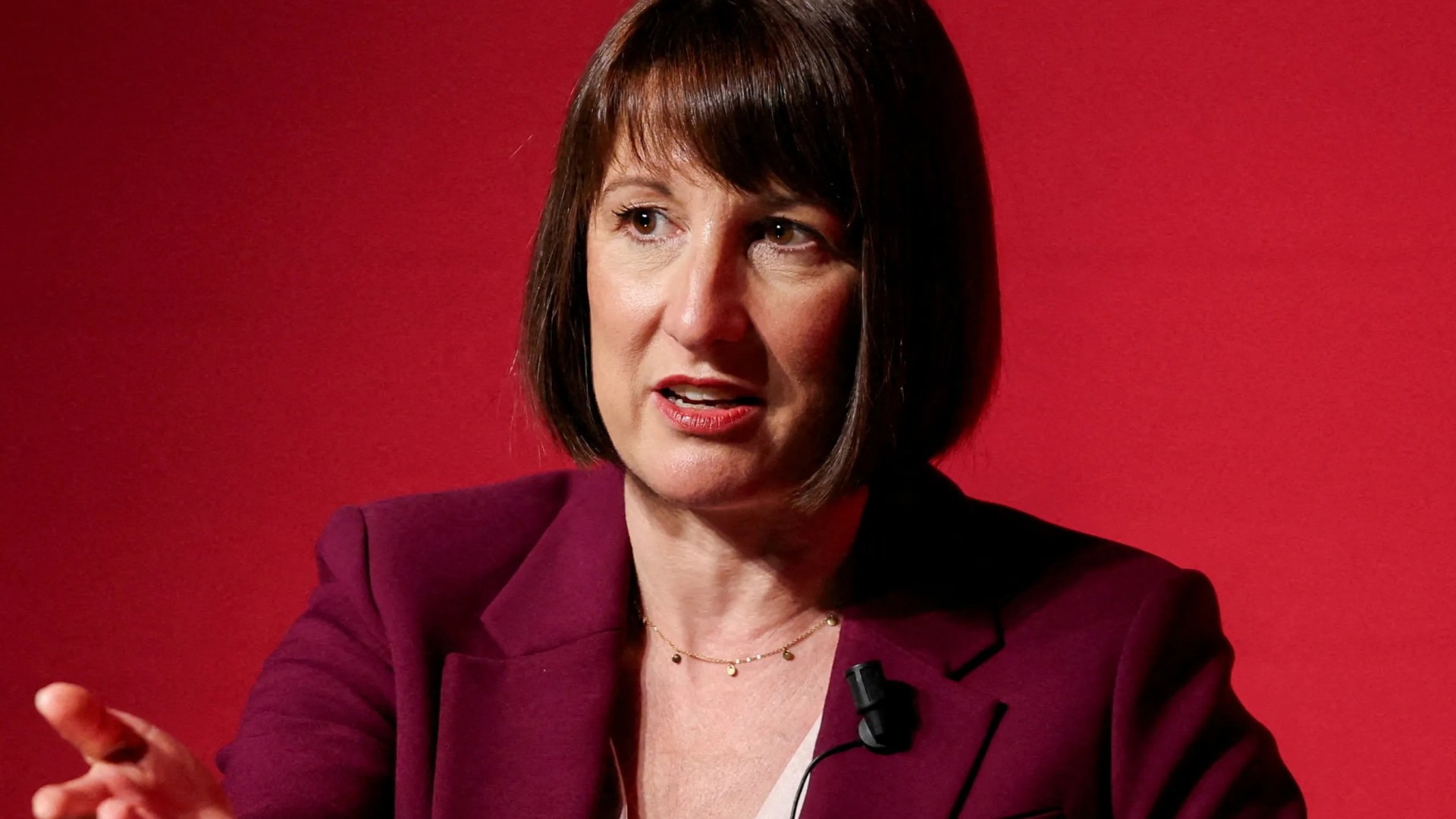When Totokaelo, a speciality multi-brand retailer with stores in New York and Seattle, closed in July 2020, as the world was starting to come to terms with the pandemic and months after the closures of fashion-forward stores like Barneys and Opening Ceremony, it confirmed the long-simmering consensus of the fashion cognoscenti that there was nowhere left to shop in New York.
Men were particularly affected, as streetwear took over fashion and the only remaining stores were those that catered to sneakerheads, such as Kith, and luxury monobrand boutiques.
But in recent years, New York’s menswear retail scene has been undergoing a quiet renaissance, driven by a slew of independent stores run by passionate entrepreneurs who hope that their enthusiasm will prove contagious. Many have taken a tight curatorial approach, a model that had been lost in the era of ecommerce giants’ and department stores’ growth-at-all-cost approach and bland merchandising — a move that has since proved fatal for some retailers.
As men increasingly turn away from the lowest common denominator stuff like logoed T-shirts and hoodies, they are embracing what in the menswear industry parlance is called “product” — well-made clothes with minute attention to detail, fabric and construction.
“Men don’t shop the way women do; they are not trend-oriented but product-oriented,” says Christopher Green, a veteran retail consultant who previously worked for Totokaelo. His store, Ven.Space, is a testament to that view. Located in the Carroll Gardens neighbourhood of Brooklyn, it mixes 40 brands, ranging from high-end labels such as The Row, Jil Sander, and Dries Van Noten to more accessible brands like Margaret Howell and Studio Nicholson. The shop is also replete with offerings from Japan; it sells labels such as Auralee, A. Presse and Graphpaper. Prices range from low hundreds into the thousands. What unites the seemingly eclectic selection is Green’s love of product. Each hanger has a cloth cover that hides the brand label. “I want the customer to feel the fabric first, then look at the garment, and then go to brand, and only then to price,” he says.


His enthusiasm is contagious; there was a line to get into the store the day it opened in September. Green, who lives near his store, and also views it as an extension of his living room and his closet, adds that Ven.Space has surpassed its first month’s sales goals. The goal is profitability within two and a half years — and Green is not considering ecommerce at all, preferring to concentrate on the physical experience.
Embracing a similar attitude is Cueva, which initially launched online in 2020, and opened its first physical store in a semi-basement space in Manhattan’s West Village a year later. Besides requisite anchor brands like Our Legacy, it carries Harris Wharf London, an underrated outerwear specialist, and Italian classic-with-a-twist labels like Doppiaa and Barena.
Justin Felizzari, Cueva’s founder and sole proprietor, grew up in retail, having helped with his parents’ football store on Long Island, but his love of menswear inevitably drew him to his own enterprise. “I had an idea to curate a mix of brands that weren’t necessarily in the same realm; my obsession with menswear has always been eclectic.” Felizzari says the business has been profitable since the beginning, and that careful management has allowed it to grow fairly quickly. After noticing that a significant part of his clientele hailed from Brooklyn, in September he opened a second, bigger outpost of Cueva in Greenpoint, where he also lives. “It’s very clear that the Brooklyn consumer appreciates quality product,” he says. Ninety per cent of Cueva’s sales now come from physical retail.
Techwear has been another area of interest among menswear enthusiasts, and it is the focus at Antithesis, a nondescript shop that opened in November 2020 on the border of Manhattan’s Lower East Side and NoLiTa. The store, run by Matt Breen, is one of the largest American stockists for the cult Berlin label Acronym, whose drops elicit the kind of rabid enthusiasm we have come to associate with the Swifties. Everything Breen carries, including hard-to-find brands like Cav Empt and Mountain Research, is a reflection of the taste, deep knowledge and network he has developed during his decades of working in the industry as a wholesale distributor.
Backed by retail-sector investors, Antithesis turned a profit last year. The in-store business is much bigger than online. “Our brands are on the smaller side in terms of distribution and rather niche, and if you are not a consistent customer, one would need to come see them in person for material feel, fit and quality; in fact we strongly encourage it,” says Breen.


Not to be overlooked is & Son, opened by Benjamin Stricof in November 2023, in a semi-basement space (this seems to be a prerequisite for men’s speciality retail in New York) on a less-trodden block of Sullivan Street in SoHo, after leaving an unrewarding job in the entertainment industry during the pandemic. The store offers labels such as Uru and Rice Nine Ten (they come from Japan) that Stricof says are not available anywhere else in New York. Like other shop owners, he is a product enthusiast. “I care a lot about singularity and identity when it comes to a brand,” says Stricof, “Most of these designers don’t have the capacity or interest in being at major retailers, and it’s given way to shops like mine being able to exist [which] was lacking before [the pandemic].”
Even though each shop offers a distinctive point of view, what unites them is the belief that nothing can substitute the human interaction and infectious enthusiasm of those who know the clothes they sell in and out. That’s crucial in the menswear market long dominated by the same stuff, where the only differentiator is the logo. It has also made New York City an exciting place to shop once again.
Sign up for Fashion Matters, your weekly newsletter with the latest stories in style. Follow @financialtimesfashion on Instagram and subscribe to our podcast Life and Art wherever you listen




























































































































































You must be logged in to post a comment Login